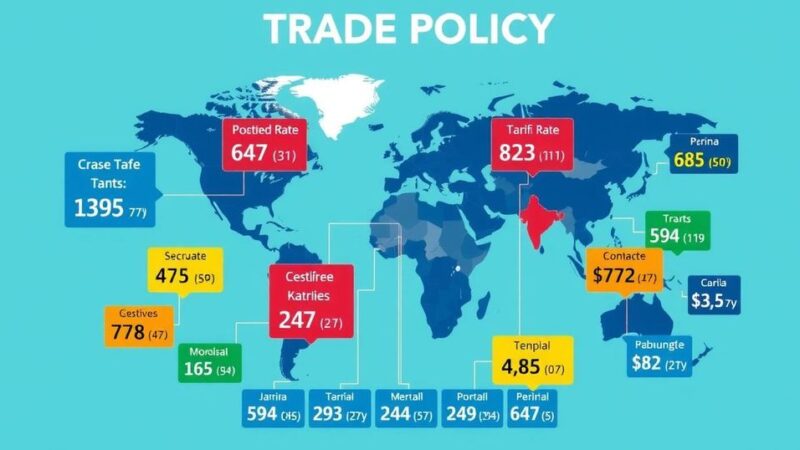Laos is facing a labor shortage as foreign firms prefer to hire workers from their home countries, citing the lack of skills among local laborers. Government officials acknowledge the need for improved training initiatives, yet budget constraints impede progress. Calls for solutions are growing amidst issues of bribery and limited local opportunities for domestic workers.
In Laos, a labor ministry official has downplayed concerns regarding the influx of foreign workers, asserting that domestic labor does not meet the required standards set by foreign companies. Sounthone Xayachack, vice president of the Lao National Assembly, emphasized the need for local authorities to solve labor shortages while preventing foreign companies from importing their own workers. The government projects to provide just over 26,000 domestic jobs in 2024, amidst a labor force that numbers over 3.5 million, with around 42,000 unemployed according to the World Bank.
Despite a report identifying 2,600 companies in Laos seeking to fill approximately 153,315 job positions, foreign firms remain reluctant to hire local workers, citing their lack of skills and experience. An official from the Department of Labor and Social Welfare noted, “the majority of Lao workers have no skills or experience” which fails to meet the needs of Vietnamese and Chinese companies operating in the region. The official attributed the situation to the government’s inadequate training budget.
A local official indicated that barring foreign firms from hiring their own workers would be impossible as Lao workers do not fulfill their hiring criteria. While some foreign companies are open to employing locals, many Lao workers prefer not to work for these firms due to lower wages and the fear of competing with Vietnamese laborers for the same positions.
Moreover, some observers believe that local bribes contribute to this dilemma, allowing foreign firms to sidestep regulations regarding employment permits. Allegations surface that officials accept under-the-table payments in exchange for oversight of foreign companies importing their own workforce. A resident of Houaphan noted that many working for foreign investors are migrants from their home countries, as local laborers often seek better opportunities elsewhere. He further remarked that even the government depends on foreign labor for specific projects, such as those allocated to Vietnamese-owned construction companies.
The labor situation in Laos reflects significant challenges regarding skill deficits among domestic workers seeking employment within a market dominated by foreign firms. Despite efforts to encourage local hiring, inadequate training and government budget limitations hinder progress. Additionally, an environment of corruption and reliance on foreign labor exacerbates the national employment crisis. Without intervention, skilled labor shortages may persist, impacting the socio-economic development of the region.
Original Source: www.rfa.org






